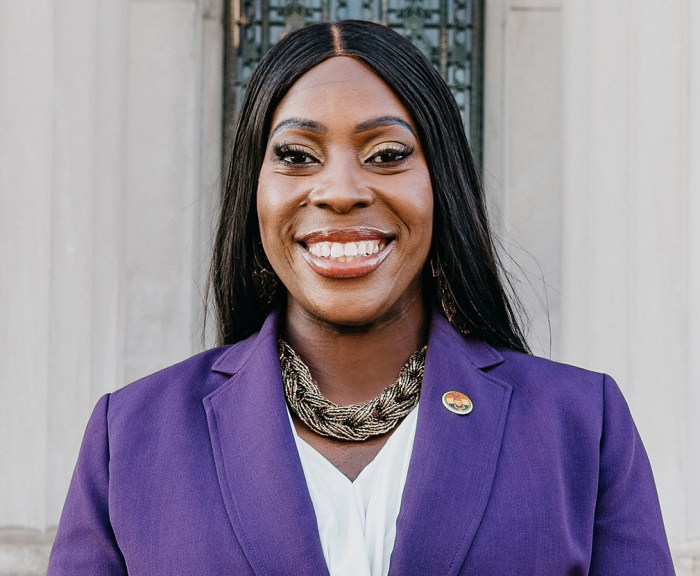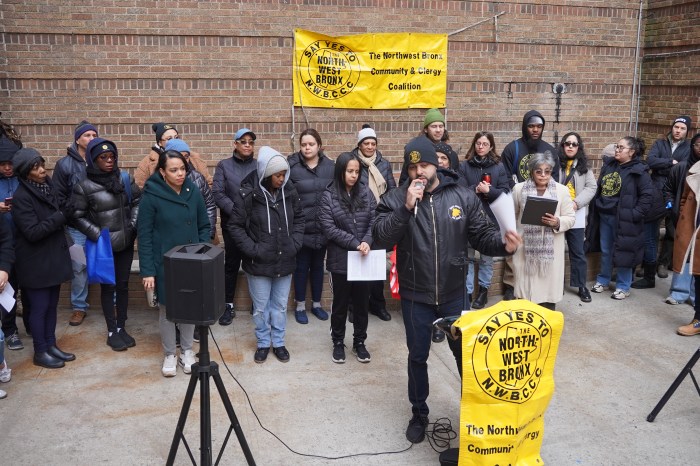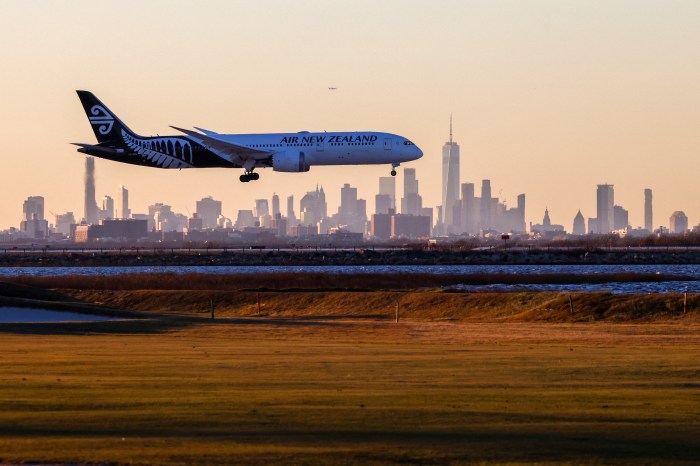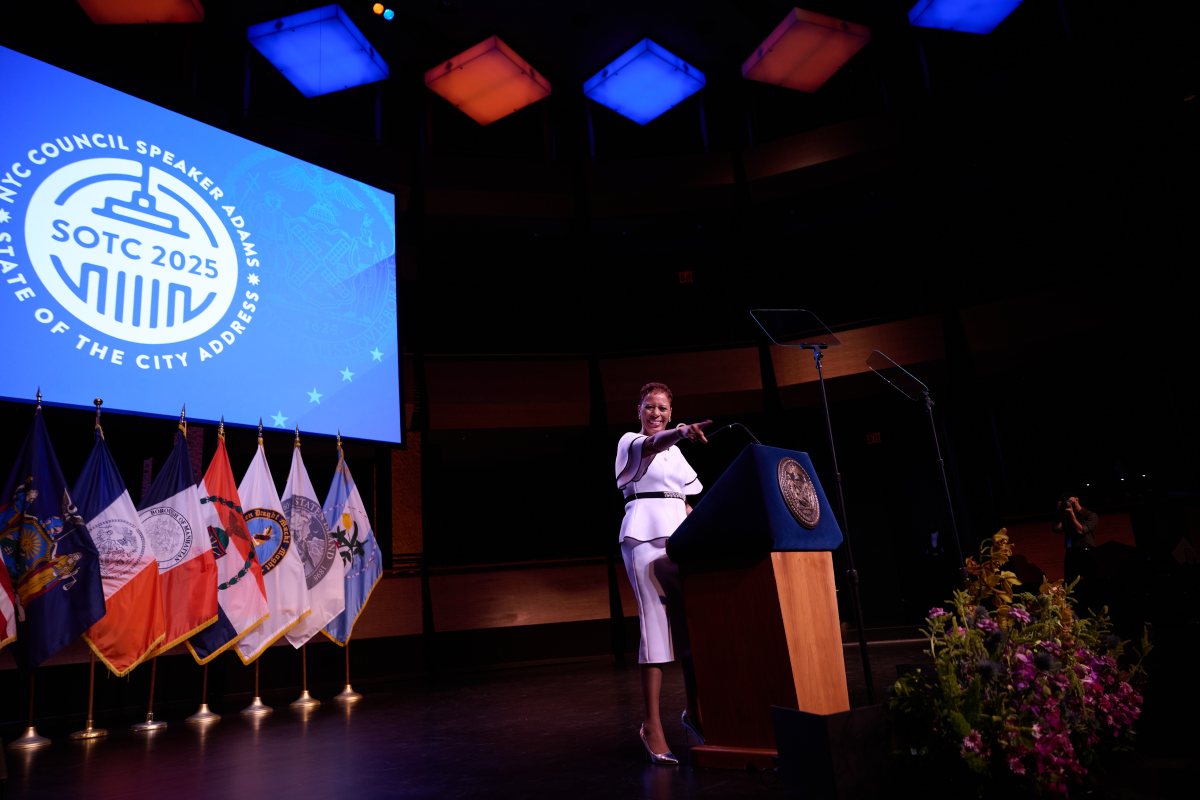With National HIV Testing Day fast approaching, we are often reminded of the stark reality of the impact of HIV in New York City. Despite being 30 years into the epidemic, New York City is home to less than 3 percent of the U.S. population, but nearly 14% of the people in the nation diagnosed with HIV.
According to the most recent figures from the New York City Department of Health and Mental Hygiene, there are more than 110,000 people living with HIV/AIDS in New York City. 78.6 percent of the new diagnoses were among Blacks and Hispanics.
But there is hope. New York State the first in the country to require doctors and other health care providers to offer an HIV test to anyone 13-64 years old seeking medical care. While uptake has been slow, we now have a few hospitals and health centers in our community who are stepping up to the plate; many are offering the test to anyone 13 years or older.
Urban Health Plan (UHP) is a network of federally-qualified health centers that serves over 48,000 patients annually, primarily in the Bronx. In January 2011, UHP began integrating HIV screening into regular care.
In just one year, UHP has increased its testing rate from 8% to 50%, and identified over 50 HIV positive patients, who previously didn’t know their status.
“Routine HIV screening at Urban Health Plan means that patients are offered HIV testing as part of their primary care visit,” said Debbie Lester, director of The Institute for the Advancement of Community Health at Urban Health Plan. “As a result, more patients are being tested and those that are positive are being linked to medical care.”
Community Healthcare Network (CHN) which has clinics in Brooklyn, Manhattan, Queens, and the Bronx has been offering HIV testing at its clinics for several years. But it was just recently that they have drastically scaled up HIV testing at their three Brooklyn clinics. Now, all patients are routinely offered an HIV test at least once a year.
“We believe in the need for routine testing, said Dr. Luis Freddy Molano, Vice President of HIV Programs and Services and the Community Healthcare Network. “But we also see the need for prompt linkage to care. Testing is the first step toward staying healthy. We need to also reengage those who may be aware of their status but are not accessing medical care. We know that earlier treatment helps reduce infection.”
Routine HI V screening has helped to identify people who were not aware that they were HIV positive and link them to medical care, like “Linda.” Linda, who did not want to be identified by her real name, is a grandmother in her mid 80’s who was offered a test at her annual medical visit and found out she was positive. Despite being in medical care for some time, Linda said that she had never been offered an HIV test and had never tested before.
Montefiore Medical Center is also doing its part to help turn the tide on the epidemic in New York. Montefiore, which provides care to approximately one-third of the Bronx’s 1.3 million residents, is the largest New York City institution to date to undertake a hospital-wide effort to make HIV screening routine.
In January 2012, Montefiore began implementing routine HIV screening across 23 outpatient sites, 3 emergency departments, and 3 inpatient units. Montefiore plans to drastically scale up HIV testing this year, and aims to provide testing to over 84,000 patients.
Montefiore will officially launch its hospital-wide routine screening program on National HIV Testing Day June 27, 2012 with an event at the Tishman Learning Center. The event, which runs from 12:00 – 2:00 p.m. will feature a keynote address from Dr. Ron Valdiserri, Deputy Assistant Secretary for Health, Infectious Diseases and Director, Office of HIV/AIDS Policy.
So on this year’s National HIV Testing Day, get tested. If you are between the ages of 13-64 years old, your doctor is required to offer you an HIV test. Say yes when you get the offer. Help us end the epidemic in our community.

























